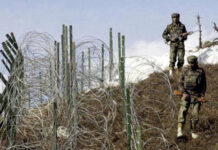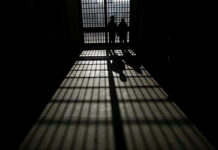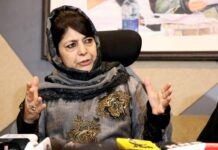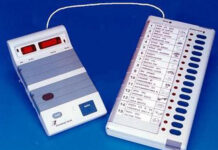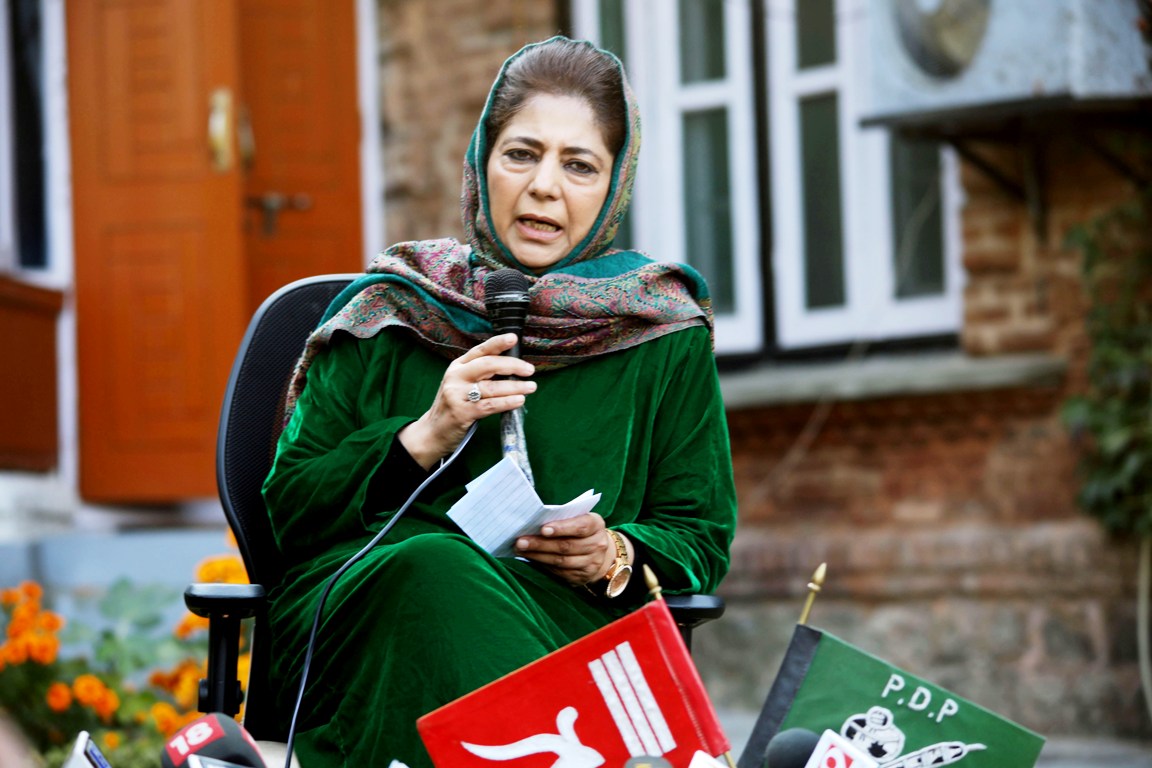
KL News Network
SRINAGAR
Centre for Research and Development Policy-CRDP celebrated second anniversary of KehwaTalk in a grand way by organising talks on two separate themes, ‘Colonial Practices of Post-colonial Nations’ and ‘Post-colonial Neo-liberal Nationalism in India’.
Dr Dibyesh Anand, the London-based internationally renowned academician, and acclaimed novelist, Dr Nitasha Kaul, delivered talks followed by a question answer session in a jam-packed seminar hall in a local hotel in Srinagar.
Dr Anand, Head of Department of Politics and International Relations at London’s Westminster University, threw light on various colonial practices of post-colonial states like China, India and Pakistan.
He said that the post-colonial states “illegalise reality” by employing language of control. “One sees dominance of sovereignty talk and territorial control in post-colonial nation states. Also, democracy is used for political control,” Dr Anand said.
In his 40-minute long talk, the speaker explained in detail how the absence or lack of democracy is colonial nature of nation states.
“Violence is integral to colonial assertion of sovereignty,” he said, giving examples of Kashmir, Tibet and Palestine.
Talking of asymmetric relation of power, Dr Anand said that the nation states use militarisation for social transformation, violence, economic exploitation and cultural subservience.
Dr Nitasha Kaul, the second speaker, delivered her 45-minute long talk on Post-colonial Neo-liberal Nationalism in India. She said that on landing in New Delhi she was stunned to see how Hinduised India has become.
“Landing in Srinagar after a gap of five years, I was surprised to see how Indianised Srinagar has become through the lettering, signboards, and symbolic landscape, etc,” she said.

Dr Kaul described the present regime led by Narendra Modi in New Delhi as “rightwing, misogynist, conservative, and authoritarian” in nature while accusing the ruling Bharatiya Janata Party (BJP) of attempting to “rewrite history”.
She argued that free liberal economy and nationalism go hand in hand while adding that in Modi-led India “the minorities and marginalised sections have become a casualty”.
“There is politics of spectacle. Any criticism of the present government or Prime Minister Narendra Modi is seen as criticism of India. Worse, the authorities are using satire, humour to poke fun at people,” she added.
Dr Peer GN Suhail, Director Centre for Research and Policy Development (CRDP), moderated the session and made a presentation to shed light on two year journey of Kehwa Talk.
“Our journey has not been easy, but we did not cave in. Despite financial issues and unfair criticism from certain quarters, KehwaTalks has survived as a success story,” he said while thanking all speakers who have been part of Kehwa Talks.
Gowhar Geelani, journalist and analyst, reviewed the two years of KehwaTalks.
“Creating or reclaiming lost social spaces in a conflict zone is never easy. In an atmosphere of mistrust, doing or not doing anything comes under the scanner. But KehwaTalks succeeded in creating a niche for itself by organising lectures of field experts on issues of global and regional importance, and talks on issues that matter lives, economy and intellectual health of Kashmir’s society, however, it has failed to organized sessions on sports and environment, Geelani said.
Editor in chief of Rising Kashmir, Shujaat Bhukari called for delinking of any discourse that clubs Kashmir with other disputes in South Asian region saying that Kashmir unlike other disputes is internationally known political dispute having UN resolutions as its base. He also argued at length how Kashmiris view BJP and Congress as no different from each other even though they profess different political ideologies. He said both the parties have adopted the same attitude towards Kashmir and used religion to undermine genuine aspiration of Kashmiris.
While presenting vote of thanks Dr. Peer GN Suhail said, “KehwaTalk would not have been able to sustain without the intellectual support of KehwaTalk speakers, Hotels, Colleges, Schools, Universities that hosted KehwaTalk Sessions, numerous people who volunteered to organize these sessions, media for giving courage to the critical issues that were discussed in KehwaTalks and importantly over 11,000 people who have participated in KehwaTalk sessions from last two years.



